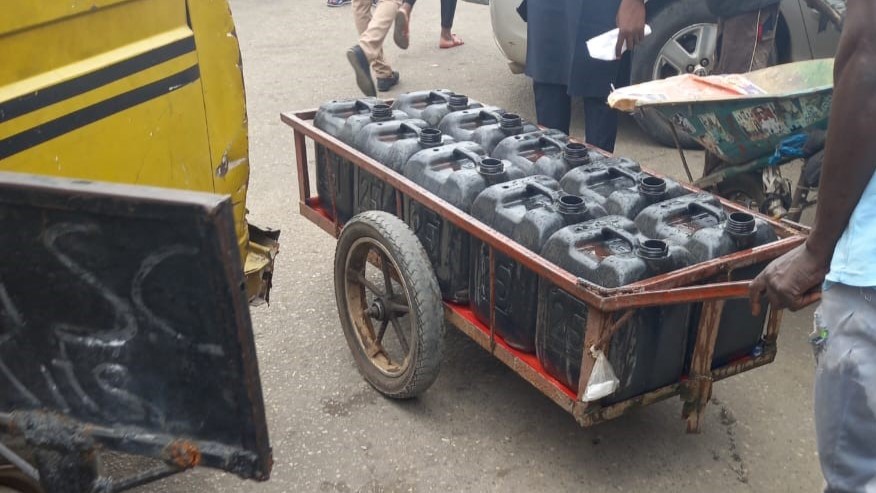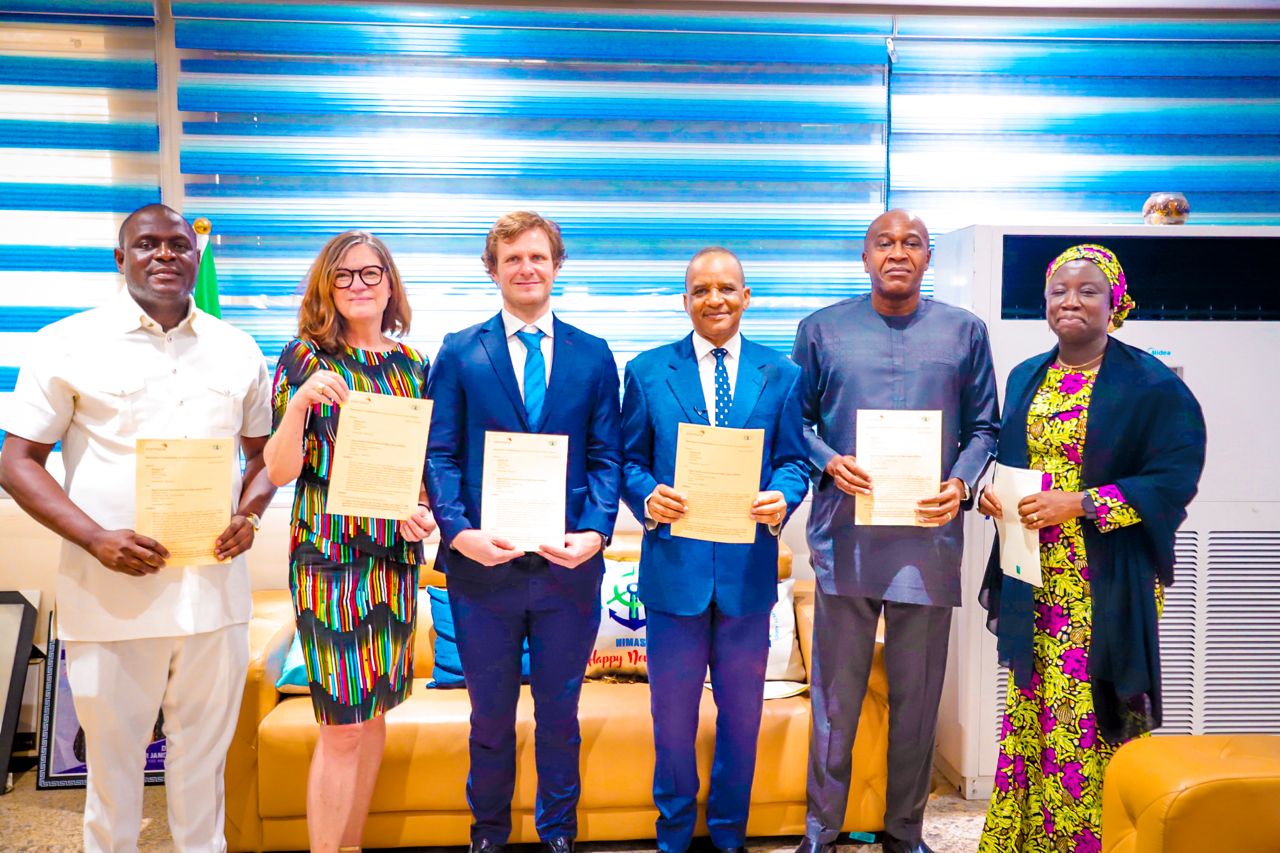By Hope Orivri, Ph.D.
We have very strong reasons for worry about the limited access to safely managed water supply services in Nigeria, particularly in urban Lagos, which is densely populated and has already stressed Water, Sanitation and Hygiene (WASH) facilities.
Now, let’s see why the worry about public health in terms of WASH.While findings from the Water, Sanitation and Hygiene National Outlook Routine Mapping (WASHNORM) 2021 showed that 16 out of 28 state urban water utilities were fully functional, including Lagos state, the picture of the itinerant water vendor shows that there are gaps in the water distribution channel in urban Lagos.
These itinerant water vendors are found almost everywhere in Lagos including Obalende, Yaba, Surulere, Ebute Meta, FESTAC Town, Ketu, Ijesha, Aguda, Ejigbo, and many more.
Going by the explanation of the Centres for Disease Control and Prevention (CDC), that sort of water distribution system exposes water to contamination making it unsafe. But the people need water for daily activities and this system seems to have been adopted to meet their immediate needs while a greater danger of health risk exposure resulting from using unsafe water is pushed aside first. So, more under-five children are exposed to the dangers of using unsafe water; they fall ill regularly and and as many as 70,000 under-five children die in Nigeria annually.
The National Action Plan for Revitalization of the WASH sector and the SDG targets 6.1 and 6.2 is a good effort, but the present realities show that we are already in a race against time if Nigeria aims to achieve the SDG 6 goal.


































































